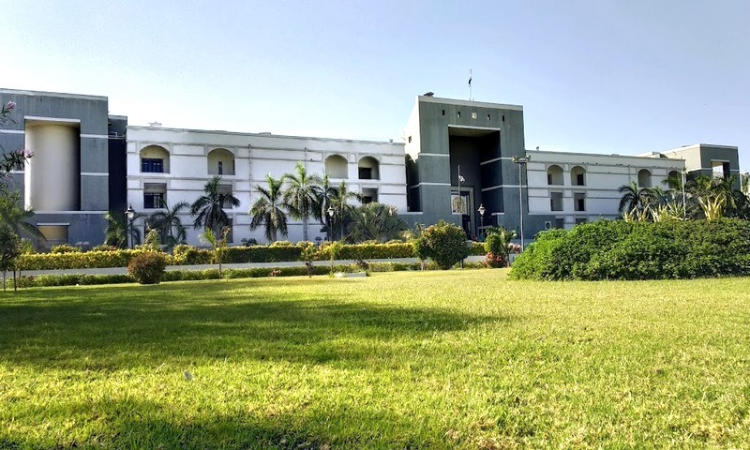Statement Of Co-Accused Can't Be Sole Basis To Convict Any Person: Gujarat High Court
PRIYANKA PREET
20 May 2022 2:30 PM IST

Next Story
20 May 2022 2:30 PM IST
The Gujarat High Court has reiterated that Statement of the co-accused or admission of the co-accused cannot be proved in evidence against the maker of it and it cannot be sole base to convict any person.It also observed that the provisions of Sections 24-26 of the Evidence Act 'clearly' restrict the acceptance of such confession that are made or caused by inducement, threat, promise...
